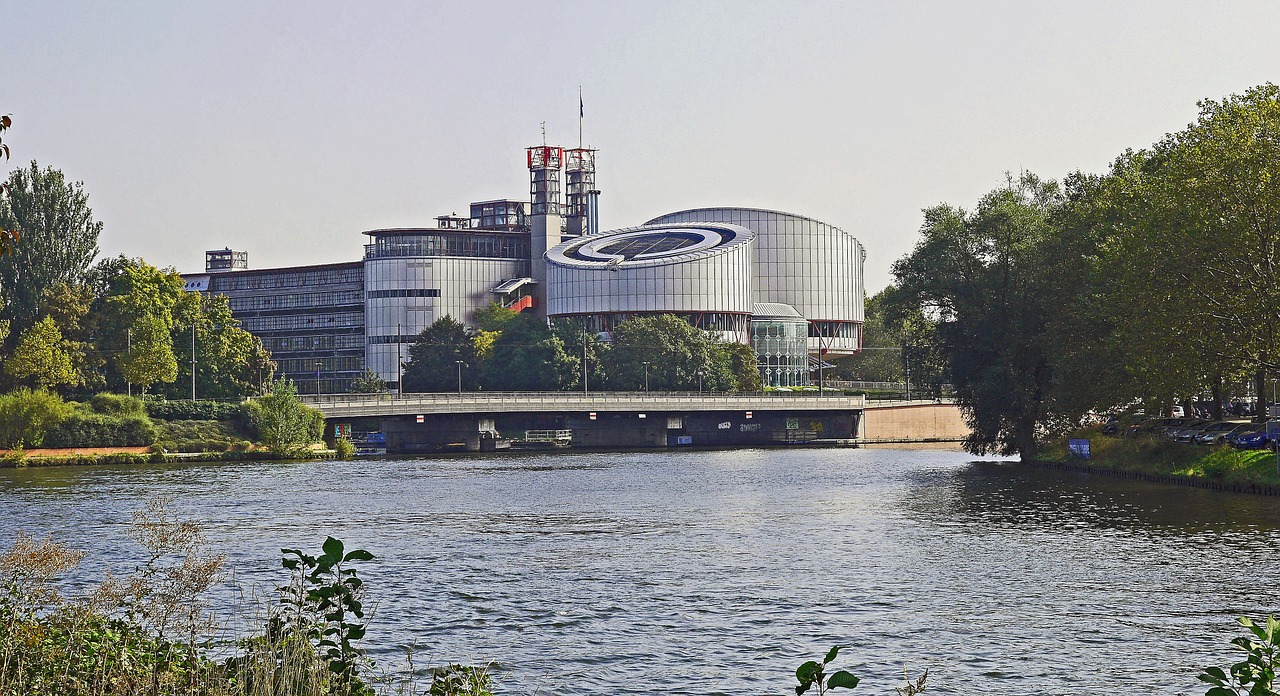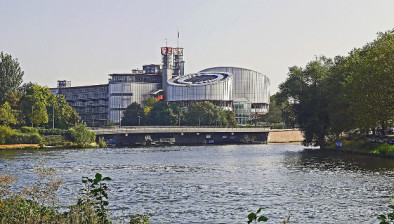ECtHR: Refusal to disclose Polish judges’ meeting diaries to NGO breached Article 10 ECHR

A refusal by Poland’s Constitutional Court to disclose two judges’ meeting diaries to an NGO breached its right to freedom of expression, the European Court of Human Rights (ECtHR) has ruled.
The NGO had submitted requests for information in the context of media speculation over whether the two judges had met with a politician whose status in criminal proceedings was being determined by the Constitutional Court.
Background
Sieć Obywatelska Watchdog Polska, an NGO which aims to enhance transparency in the public domain, emailed the Constitutional Court in July 2017 to request access to the diary of meetings of its president and vice-president, as well as the records of all people who had entered and left the court’s building since 1 January 2017.
This request was made in the context of speculation circulating at the time in the national media over alleged meetings between those judges and a government minister whose status in criminal proceedings was being decided by the Constitutional Court.
The Constitutional Court refused to grant access, informing the NGO that a meetings diary, which was not an official document, did not constitute public information under the relevant law and that it did not keep records of people entering and leaving its premises.
The NGO lodged a complaint with the national courts which was ultimately unsuccessful. In particular, the Supreme Administrative Court found in 2019 that a diary of meetings of the Constitutional Court president or vice-president was an internal document which could not be characterised as “public” and was not therefore subject to disclosure.
The Polish court also held that there was no obligation in domestic law to keep a diary of meetings or to keep records of persons entering and leaving public buildings.
European Court of Human Rights
In February 2020, the NGO lodged an application with the European Court of Human Rights in February 2020, relying on Article 10 (freedom of expression) ECHR to complain of being denied access to the information it sought from the Constitutional Court.
In last week’s Chamber judgment, the court noted that the Polish authorities had effectively denied the NGO access to diaries which amounted to information in the public interest. The information in question existed and was “ready and accessible”. This had interfered with the NGO’s right to receive and impart information.
Although that interference had had a basis in national law, the justification for it had been limited to formal reasons, concerning the “public” character of the information. No argument was put forward to show that the denial of access had pursued a legitimate aim or been “necessary in a democratic society”.
By a majority of six-to-one, the court held there had accordingly been a violation of Article 10 as concerned the refusal to grant the NGO access to the meetings diaries.
However, the court also unanimously held there had been no violation of Article 10 in relation to records of entry to the Constitutional Court building, as no such records existed.
There was no evidence that the information sought had been “ready and accessible” and there could therefore be no interference with the NGO’s right to receive or impart information.
Conclusion
The court held that there had been a violation of Article 10 ECHR in respect of the refusal to grant the applicant NGO access to the meeting diaries. The Polish judge issued a dissenting judgment, saying he did not agree with “the special treatment reserved for journalists and NGOs under the court’s case law”.
The court unanimously dismissed the applicant’s claim for €6,200 in costs and expenses.










